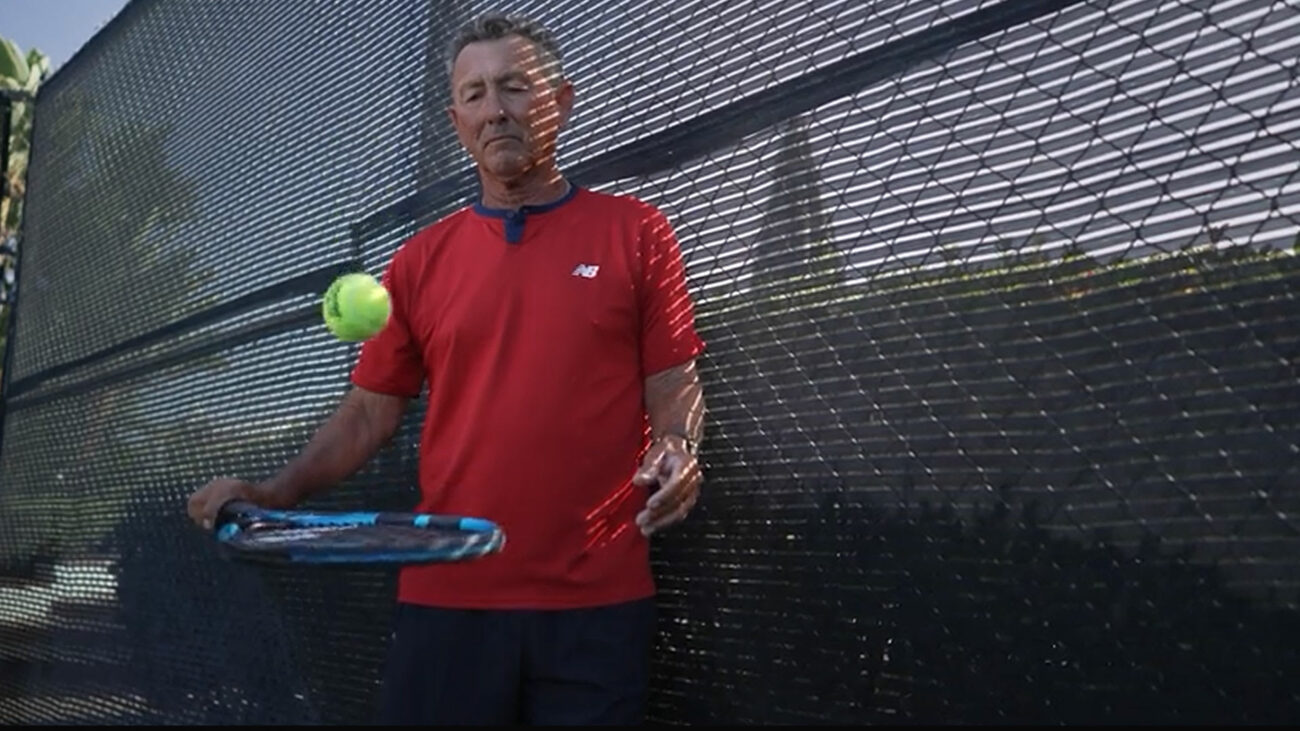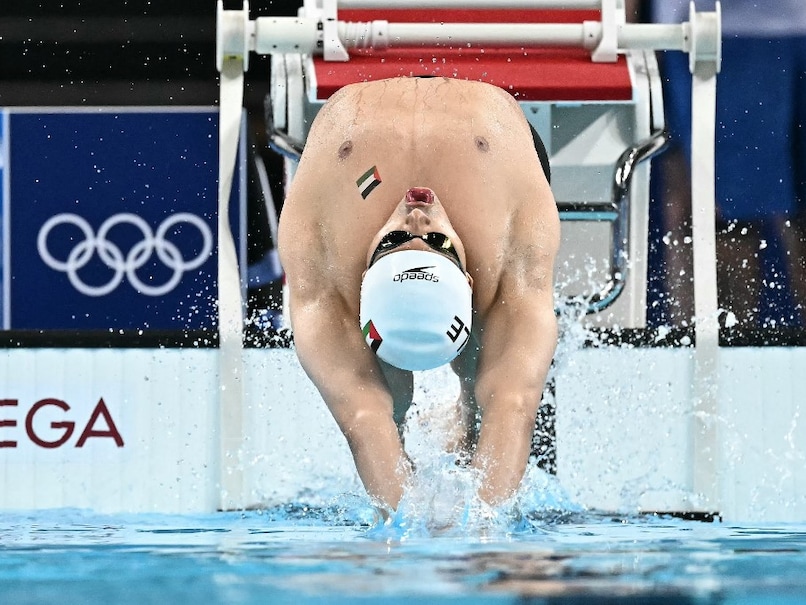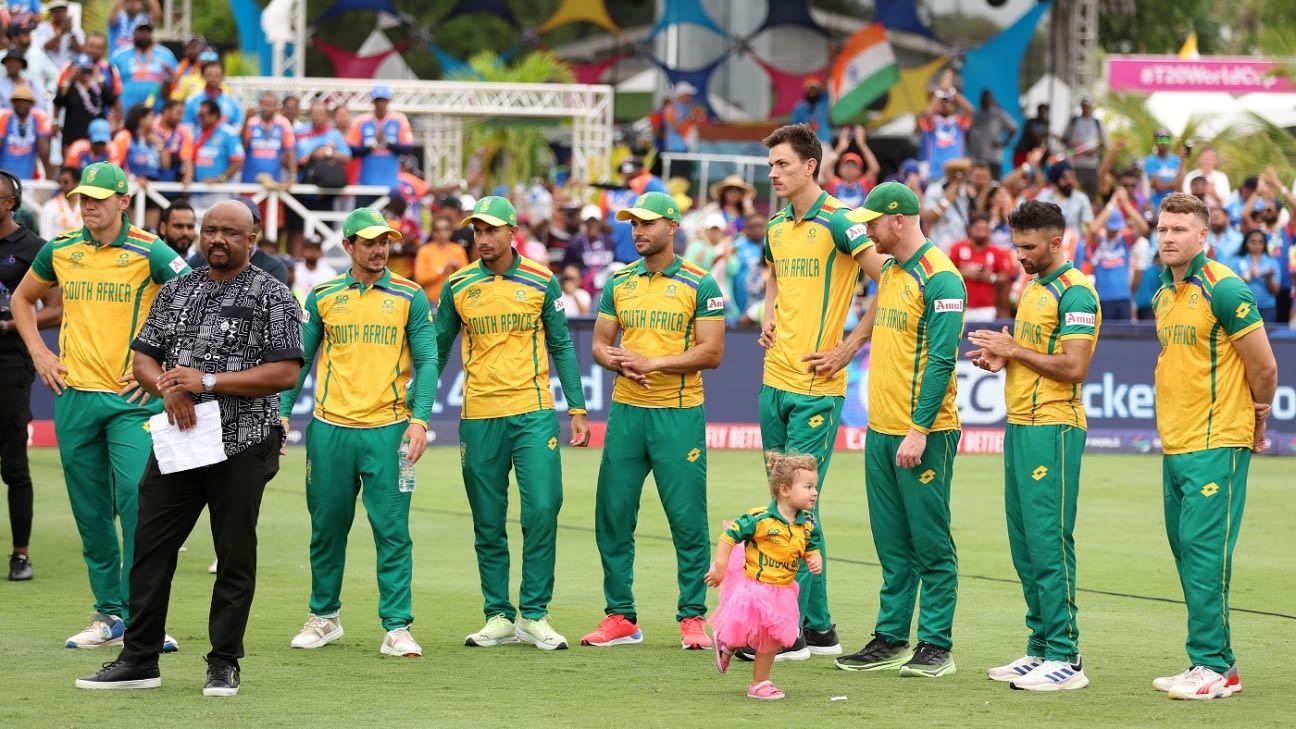Angel Lopez: From Outsider to Pillar of Tennis in His Community
Growing up in the 1950s and 1960s, Mexican-American Angel Lopez faced challenges as an outsider in both society and the tennis world. Despite these obstacles, he persevered and became a pillar of the sport in his community.
As a child, Lopez’s Mexican heritage was discouraged, but he found solace in tennis. However, he felt out of place in the country club atmosphere that dominated the sport. Inspired by the success of Mexican tennis legends Pancho Segura and Richard “Pancho” Gonzales, Lopez realized he could achieve greatness too.
In the 1970s, Lopez received support from the La Raza Tennis Association, which enabled him to travel to tournaments and train with Segura. Segura’s mentorship instilled in Lopez the belief that success in tennis transcended socioeconomic and racial barriers.
Lopez began coaching at a young age, passing up professional opportunities for financial stability. In 1979, he joined the San Diego Tennis & Racquet Club, becoming its director of tennis in 1986. Throughout his career, he has worked with renowned players like Michael Chang and Brandon Nakashima.
Beyond his coaching accomplishments, Lopez is most proud of his impact on the lives of young Hispanic athletes. He has established scholarships, donated to his alma maters, and hosted junior tournaments. “Giving back to my community is really important to me,” he says. “I love coaching top Mexican juniors and seeing them succeed.”
Lopez’s journey is a testament to the power of perseverance and the importance of representation. As a Mexican-American in a predominantly white sport, he faced adversity but ultimately found his place and made a lasting contribution to tennis.




